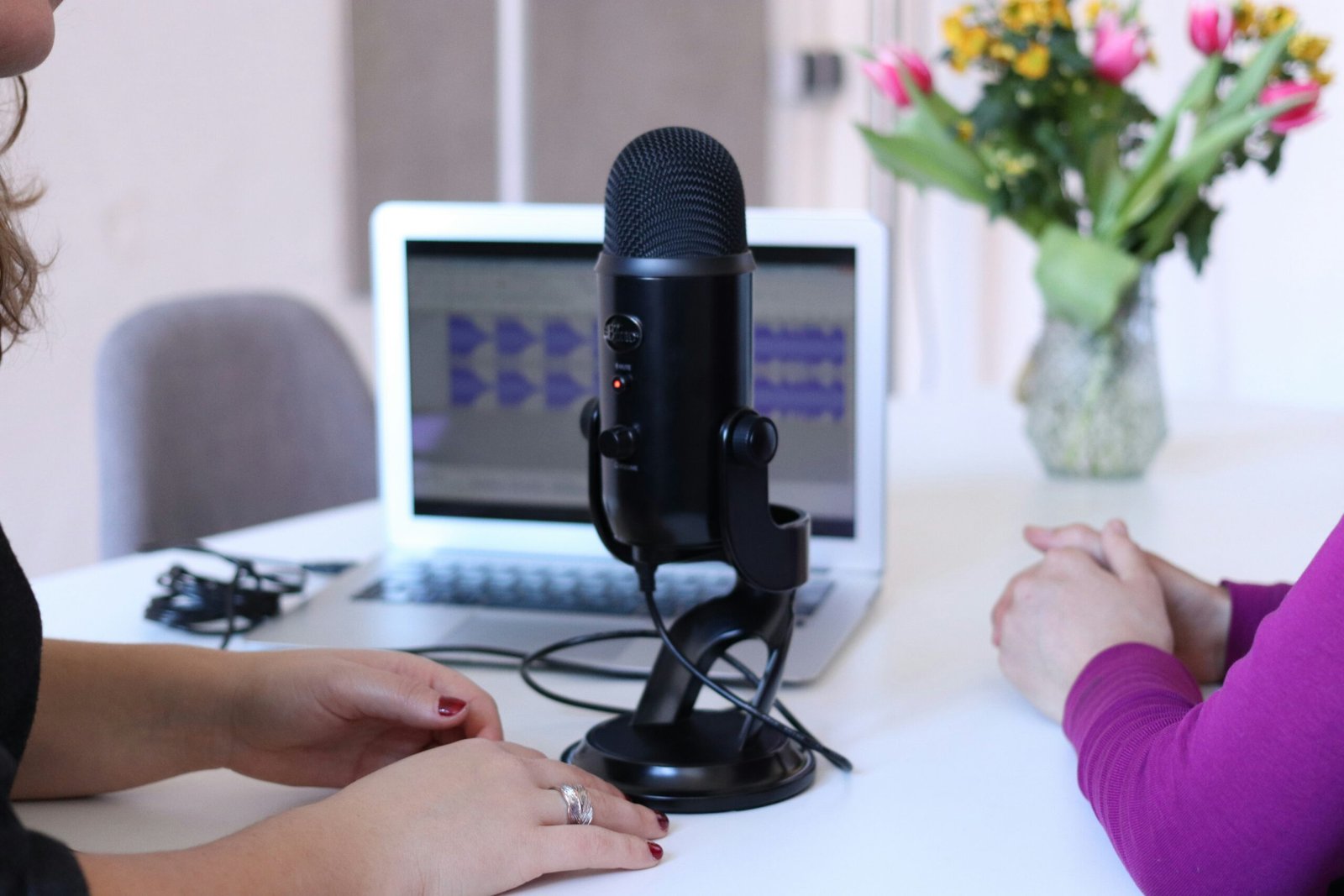Biz 17: The Lucrative Business of Podcasting
According to Edison Research, podcasting has become increasingly popular, with 78 percent of Americans and over 400 million people worldwide being familiar with this form of media. Contrary to popular belief, starting a podcast does not require technical expertise or a significant financial investment. In fact, you don’t even need an audience to begin podcasting. This article will explore the basics of podcasting and how it can be a lucrative business opportunity.
To start a successful podcast, it is important to first identify a theme that you are passionate about and can consistently create new episodes for in the long run. Choosing a topic that you genuinely enjoy will make the process more enjoyable and sustainable. Additionally, determining the goal and purpose of your podcast is crucial. Ask yourself why you want to start a podcast and what you hope to achieve through it.
Next, it is essential to identify your target audience. Understanding who your podcast is intended for will help you tailor your content and engage with your listeners more effectively. Additionally, finding ways to make your podcast stand out from the competition is important. One effective strategy is to niche down and focus on a specific subtopic within your chosen theme. This will help you attract a dedicated audience who are interested in that particular niche.
Now, let’s explore how podcasts can generate income. There are several monetization methods available to podcasters:
1. Sponsorships: Many podcasts secure sponsorships from companies or brands relevant to their content. These sponsors pay to have their products or services promoted during episodes, providing a source of revenue for the podcaster.
2. Affiliate sales: Podcasters can earn money by promoting products or services as affiliates. By including unique affiliate links in their podcast episodes or show notes, they can earn a commission for every sale generated through those links.
3. Advertising: Similar to sponsorships, podcasters can earn money by running advertisements during their episodes. Advertisers pay to have their ads played to the podcast’s audience, providing a steady stream of income.
4. Selling complementary products: Podcasters can create and sell their own products that complement their podcast content. These could include books, courses, merchandise, or other related offerings.
While podcasting can be a profitable venture, the size of your listener base plays a significant role in determining your earnings. To attract a large audience, it is crucial to choose a topic that has broad appeal. However, it is important to note that building a sizable listener base takes time and consistent effort.
To provide a perspective on the potential earnings, let’s consider an example. If your podcast receives around 10,000 downloads per episode, you could potentially earn between $500 and $900 in affiliate sales alone. This demonstrates the income potential that podcasting can offer.
A notable success story in the podcasting world is Joe Rogan, who is estimated to make over $30 million per year from his podcast. While this level of success may not be attainable for everyone, it showcases the potential for substantial earnings in the industry.
In conclusion, podcasting has become a popular and lucrative business opportunity. With the right theme, goal, target audience, and unique selling points, you can create a successful podcast. By implementing various monetization strategies such as sponsorships, affiliate sales, advertising, and selling complementary products, you can generate income from your podcast. Remember that building a large listener base takes time and consistent effort, but with dedication and passion, podcasting can be a rewarding and profitable venture.
